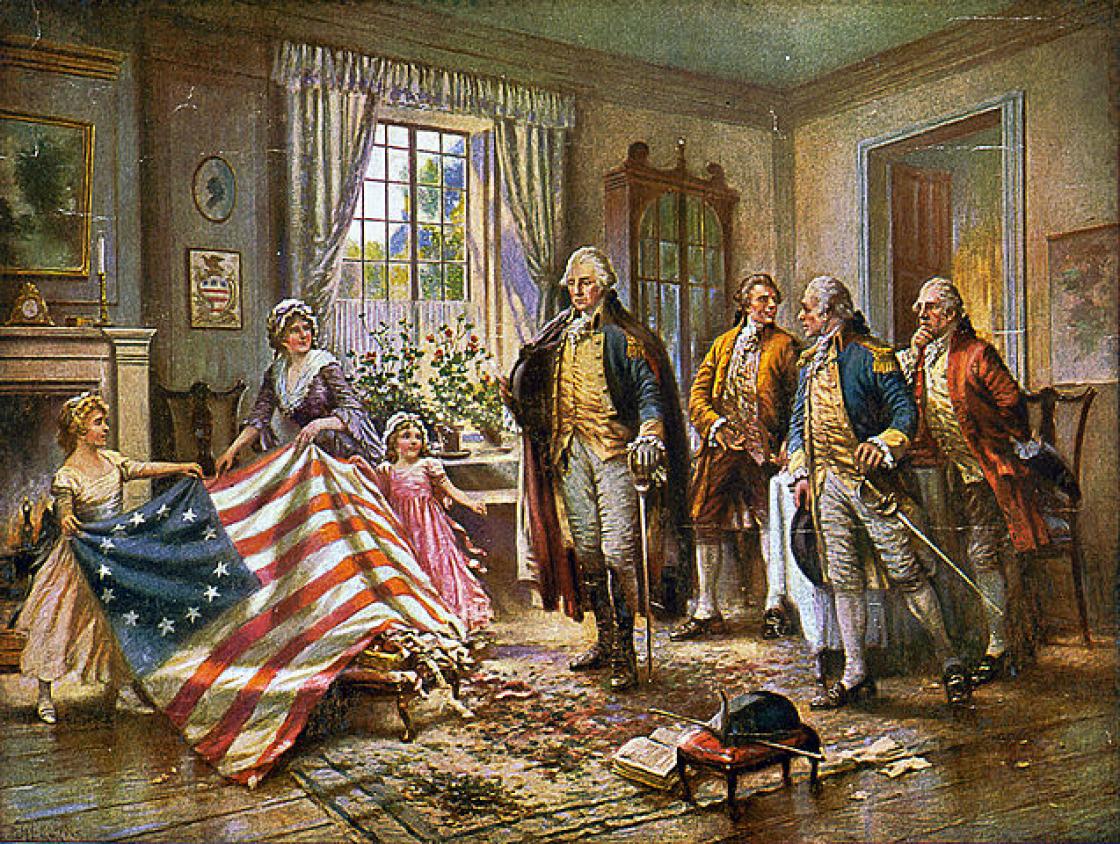About Publications Library Archives
cthl.org

Preserving American Heritage & History

Preserving American Heritage & History


Author: Lucy Knox
Date: 1777
Annotation:
Wartime conditions thrust new responsibilities upon American women. With many husbands absent, women assumed heightened responsibilities for managing family finances and operating family farms and shops. The correspondence between Lucy Knox and her husband Henry, one of Washington’s leading generals, an artillery expert, and his future Secretary of War, underscores the disruptive effects of the Revolution on women’s lives.
Henry Knox (1750-1806) was only 27 at the time of this letter, and he and his wife had been married only three years. Her family, the Fluckers, were Loyalists who had fled Boston. This is the lost father, mother, brother, and sisters she refers to in her letter, illustrating the way that the Revolution divided families. During the awful winter at Valley Forge, Knox was given a leave of absence to visit his wife in Boston. Note how the revolutionary ideology of liberty and equal rights enters into the correspondence.
Document:
My dearest friend
I wrote you a line by the last post just to let you know I was alive, which…was all I could then say with propriety for I had serious thoughts that I never should see you again, so much was I reduced by only four days of illness but by help of a good constitution I am surprisingly better today. I am now to answer your three last letters in one of which you ask for a history of my life. It is my love barren of adventure and replete with repetition that I fear it will afford you little amusement. How such as it is I give to you. In the first place, I rise about eight in the morning so late an hour you will say but the day after that is full long for a person in my condition. I presently after sit down to my breakfast, where a page in my book and a dish of team, employ me alternately for about an hour. When after seeing that family matters go on right, I repair to my work…for the rest of the forenoon. At two o’clock I usually take my solitary dinner where I reflect upon my past happiness. I used to sit at the window watching for my Harry, and when I saw him coming my heart would leap for joy when he was at my own and never happy from me when the bare thought of six months absence would have shook him. To divert Alex’s pleas I place my little Lucy by me at table, but the more engaging her little actions are so much the more do I regret the absence of her father who would take such delight in them. In the afternoon I commonly take my chaise and ride into the country or go to drink tea with one of my few friends…. then with any…I often spend the evening, but when I return home how that describe my feelings to find myself entirely alone, to reflect that the only friend I have in the world is such an immense distance from me to think that the may be sick and I cannot assist him. My poor heart is ready to burst, you who know what a trifle would make me unhappy can conceive what I suffer now. When I seriously reflect that I have lost my father, mother, brother, and sisters entirely lost them I am half distracted…. I have not seen him for almost six months, and he writes me without pointing at any method by which I may ever expect to see him again. Tis hard my Harry indeed it is I love you with the tenderest the purest affection. I would undergo any hardship to be near you and you will not let me….
The very little gold we have must be reserved for my love in case he should be taken [for ransom]….
[A person] if he understands business he might without capital make a fortune–people here without advancing a shilling frequently clear hundreds in a day, such chaps as Eben Oliver are all men of fortune while persons who have ever lived in affluence are in danger of want and that you had less of the military man about you, you might then after the war have lived at ease all the days of your life, but now, I don’t know what you will do, you being long accustomed to command–will make you too haughty for mercantile matters–tho I hope you will not consider yourself as commander in chief of your own house, but be convinced that there is such a thing as equal command.
Source: Gilder Lehrman Institute